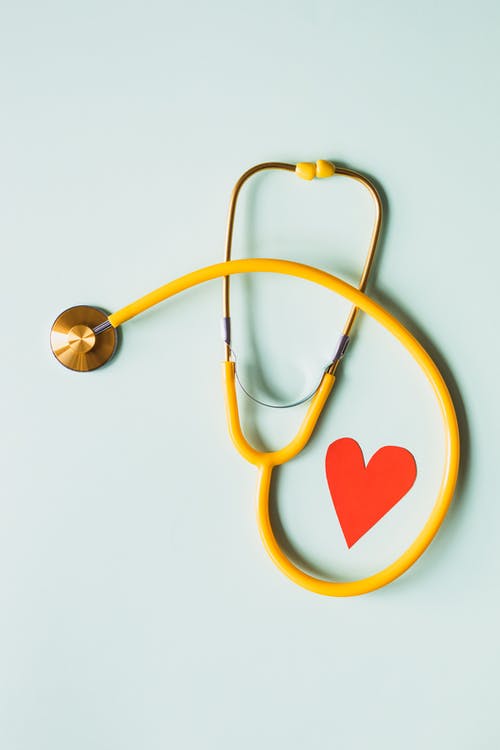 Eating the wrong combination of foods can have a considerable impact on the body. It can cause problems such as indigestion, increased fat storage, and even some chronic diseases. Understanding the effects of food combinations can help you make better choices and keep your body healthy.
Eating the wrong combination of foods can have a considerable impact on the body. It can cause problems such as indigestion, increased fat storage, and even some chronic diseases. Understanding the effects of food combinations can help you make better choices and keep your body healthy.
The wrong combination of foods can interfere with digestion. When food combinations are incorrect, digestive enzymes cannot effectively break down the food for absorption. This can lead to indigestion, bloating, and discomfort. It can also significantly slow down the digestion process, leading to more stress on the digestive system.
Incorrect food combinations can also cause the body to store more fat. This is because certain foods have different digestive rates. When a person eats foods with a faster digestive rate with those with a slower digestive rate, the food with the slower rate will take longer to digest. This causes the body to store more fat, as it has extended exposure to nutrients. Furthermore, an incorrect combination of foods causes the body to store more fat due to its inability to effectively absorb the food.
Furthermore, consuming the wrong combination of foods can put the body at risk for various chronic diseases. Research has demonstrated that certain food combinations can upset the balance of your gut flora and even lead to the development of chronic diseases such as Crohn’s disease and Irritable Bowel Syndrome. The imbalance of gut flora caused by incorrect food combinations can also lead to symptoms such as fatigue, mental fog, and disturbed sleep.
The key to avoiding these issues is to be aware of the effects of food combinations and learn to make better food choices. Eating a balanced diet with a good combination of proteins, carbohydrates, essential fats, and healthy produce can help ensure you are getting all of the nutrients you need. Eating a sufficient amount of fruits and vegetables is also important, as it provides valuable vitamins and minerals. Eating several smaller meals throughout the day can also help keep your digestive system running smoothly.
It’s also wise to eat slowly and practice mindful eating. This allows your body to better digest your food and absorb all the nutrients. Taking time to chew your food well and pay attention to how you are feeling can also help you make better food choices and prevent the wrong combinations.
If you have indigestion or malnutrition, it’s best to consult with a health professional for advice. Making changes to your diet and lifestyle can help restore balance to your gut flora and improve your health.
In conclusion, consuming the wrong combination of foods can have a major impact on your health. It can interfere with digestion, cause the body to store more fat, and even lead to chronic diseases. Knowing how to combine foods correctly and consuming a balanced, healthy diet can help ensure your body receives all the nutrients it needs for optimal health.







